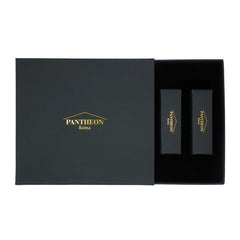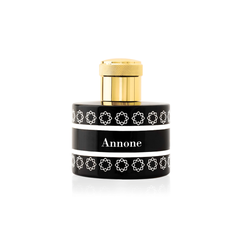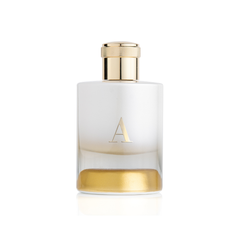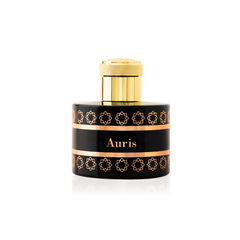When we perfume ourselves we never do it distractedly, on the contrary after having done it we start listening: we want to feel what vibrations that smell arouses in us at that moment. It whispers and we listen. It is a beautiful and very intimate experience. When we wear a fragrance we do it mainly to communicate with others: to get noticed, to seek appreciation, or to seduce, to feel different, to arouse curiosity.
Scent helps us communicate just like our gaze, gestures and words. We know this because we learned it from nature.
It is common experience that women's skin during their most fertile period (during ovulation) gives off a more intense odor to get noticed and attract the male gender.
More generally, the role of scent in animal reproduction is well-known.
But plants also communicate with perfumes, and not only the famous ones in perfumery, but also simple blades of grass.
The scent of grass that we smell when we lie down on the lawn is given by a group of molecules called GREEN LEAF VOLATILE (GLV), or “green leaf volatile substances”, which is mainly made up of a series of molecules with 6 carbon atoms.
These molecules are continuously released (in low doses) from the stems.
However, if the blades of grass are “aggravated” and cut, then the scent becomes more intense, the chemical composition changes and therefore the fragrance.
It's an ingenious and sophisticated defense and alarm mechanism.
Depending on the “threat” it is subjected to, the grass releases slightly different odors, which change, for example, if it is grazed by a herbivore or cut by a lawnmower. And all this does not happen by chance!
This change in scent in fact triggers four actions and reactions:
⁃ It is first of all antibacterial and antifungal, protecting the stem at the point where it has been cut.
⁃ It is also a repellent for herbivorous insects which are very dangerous for the plant in that moment of fragility.
⁃ It also acts as an alarm for the plants in the surrounding area, which – chemically warned by the lawn – put into action their own defense mechanisms, such as the release of repellents and the storage of nutrients towards the roots.
– Finally – and here nature surprises! – it is a powerful lure for predatory insects, which arrive on the lawn to attack any animals that were the cause of the cutting of the grass blades.
What an amazing process of communicating with smell! Amazing indeed!
And to think that we have witnessed it hundreds of times, unaware of what was really happening.
Because that's what perfume is: it communicates without being seen.






Leave a comment